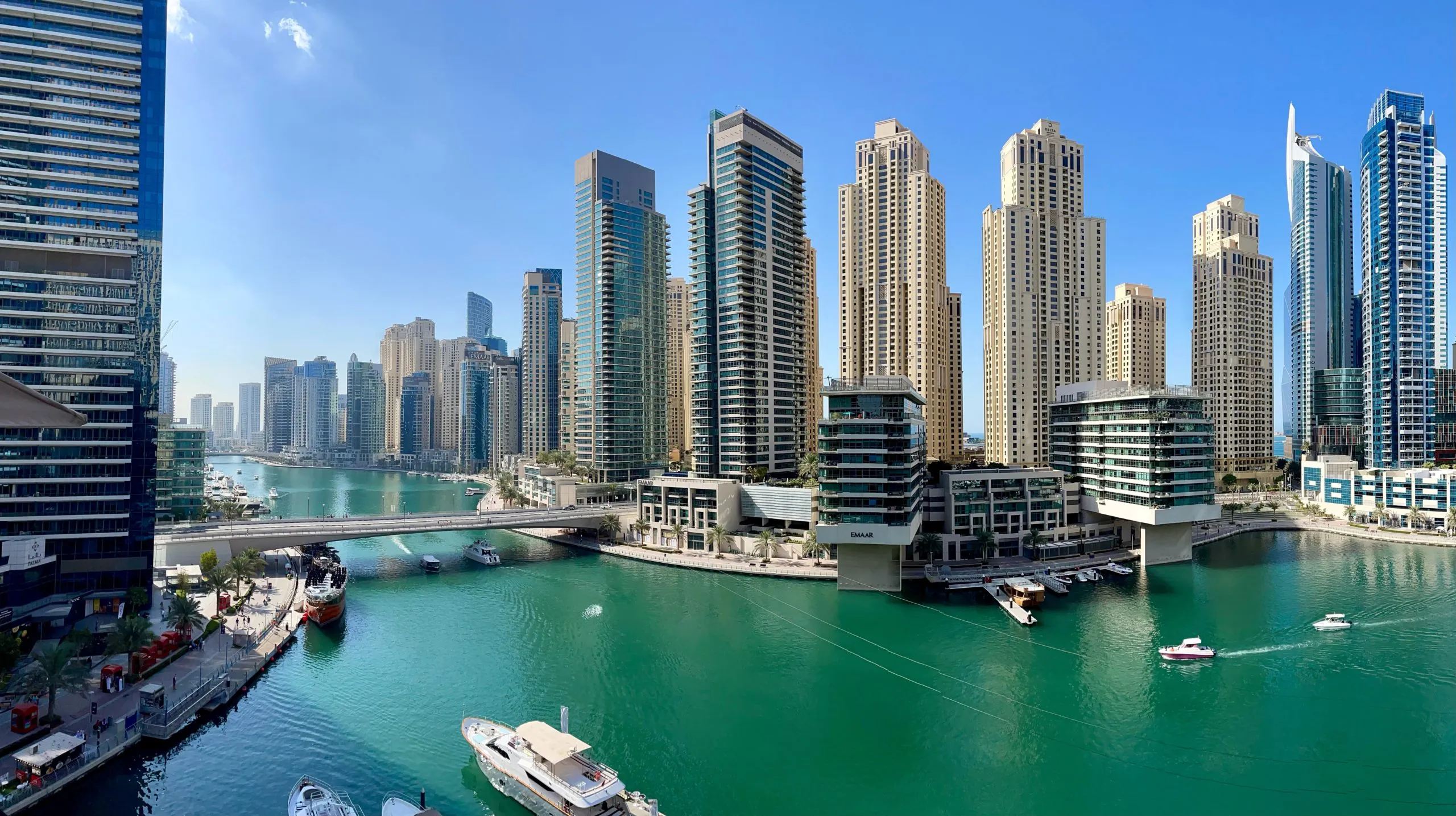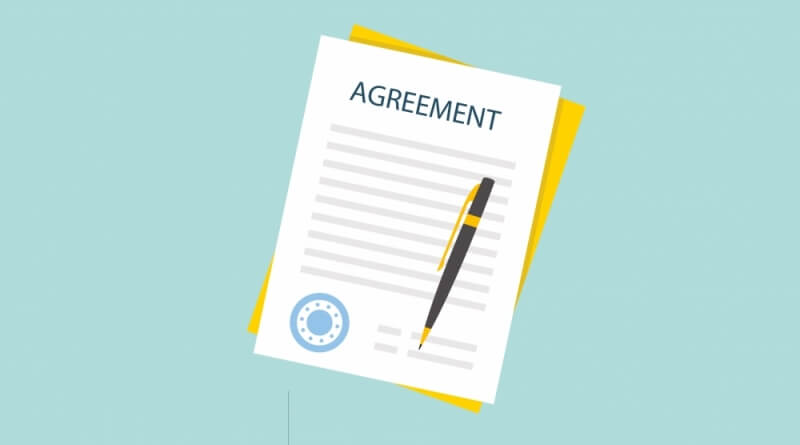If you’re looking for a team of passionate, dedicated professionals to help sell or let your property, look no further than Amira Realty. Contact us today to see how we can help you reach your property goals.
Selling Guide
Step by step guide to selling a property in Dubai
Selling your property can feel overwhelming, but it doesn’t have to be. Whether you’re unlocking equity, reinvesting, or capitalizing on market gains, this step-by-step guide walks you through every detail with clarity and confidence.
Determining Property Value
Start by researching recent sales of comparable properties in your area—your agent can provide up-to-date data from the Dubai Land Department (DLD). For added accuracy, consider getting a professional valuation from a certified appraiser.
Selling your property can feel overwhelming, but it doesn’t have to be. Whether you’re unlocking equity, reinvesting, or capitalizing on market gains, this step-by-step guide walks you through every detail with clarity and confidence.
Determining Property Value
Start by researching recent sales of comparable properties in your area—your agent can provide up-to-date data from the Dubai Land Department (DLD). For added accuracy, consider getting a professional valuation from a certified appraiser.

Prepare the property
Clean and declutter: Make the property presentable for viewings.
Make repairs: Fix any issues that could affect the sale or valuation.
Gather necessary documents
Title deed: Ensure you have the original title deed.
No objection certificate (NOC): Obtain an NOC from the developer if the property is in a development with a management company.
Utility bills: Have recent utility bills available.

Listing the property
Hire a trusted real estate agent
Choose an experienced agent: Select an agent with a proven track record in Dubai real estate. Ask questions of prospective agents on their knowledge and transactions in your location,
Sign an agreement: Agree on the terms of the sale, including commission fees.
Market the property (agent responsibility)
Create a Listing: Include high-quality photos, detailed descriptions and key features.
Advertise: Use online platforms, portals, social media and real estate networks.
Prepare the property
- Clean and declutter: Make the property presentable for viewings.
- Make repairs: Fix any issues that could affect the sale or valuation.
Gather necessary documents
- Title deed: Ensure you have the original title deed.
- No objection certificate (NOC): Obtain an NOC from the developer if the property is in a development with a management company.
- Utility bills: Have recent utility bills available.
Listing the property
Hire a trusted real estate agent
- Choose an experienced agent: Select an agent with a proven track record in Dubai real estate. Ask questions of prospective agents on their knowledge and transactions in your location,
- Sign an agreement: Agree on the terms of the sale, including commission fees.
Market the property (agent responsibility)
- Create a Listing: Include high-quality photos, detailed descriptions and key features.
- Advertise: Use online platforms, portals, social media and real estate networks.

Viewings and offers
Arrange viewings
- Schedule appointments: Coordinate with potential buyers and your agent. Try to remain flexible, within reason, with timings that suit you and potential buyers.
- Prepare for an open house: If this is a strategy you have agreed with your agent, ensure the property is in top condition for viewings.
Receive Offers
- Evaluate offers: Consider the offer price, buyer’s readiness and any contract contingencies.
- Negotiate: Discuss terms with potential buyers to reach an agreement.

Sales agreement
Sign a memorandum of understanding (MoU)
- Draft the MoU: This typically includes the sale price, payment terms and other conditions.
- Sign and pay Deposit: Both parties will sign the MoU and the buyer ordinarily pays a deposit (usually 10% of the purchase price).
Engage a legal professional
- Consult a Lawyer: If needed, get legal advice to ensure all documentation and processes are handled correctly.
- Introduction to conveyancing: A conveyancer is a skilled professional in sales progression. They will handle everything post-signing right up until transfer.
Viewings and offers
Arrange viewings
- Schedule appointments: Coordinate with potential buyers and your agent. Try to remain flexible, within reason, with timings that suit you and potential buyers.
- Prepare for an open house: If this is a strategy you have agreed with your agent, ensure the property is in top condition for viewings.
Receive Offers
- Evaluate offers: Consider the offer price, buyer’s readiness and any contract contingencies.
- Negotiate: Discuss terms with potential buyers to reach an agreement.
Sales agreement
Sign a memorandum of understanding (MoU)
- Draft the MoU: This typically includes the sale price, payment terms and other conditions.
- Sign and pay Deposit: Both parties will sign the MoU and the buyer ordinarily pays a deposit (usually 10% of the purchase price).
Engage a legal professional
- Consult a Lawyer: If needed, get legal advice to ensure all documentation and processes are handled correctly.
- Introduction to conveyancing: A conveyancer is a skilled professional in sales progression. They will handle everything post-signing right up until transfer.

Finalizing the sale
1. Transfer Ownership
Schedule a meeting at the Dubai Land Department (DLD) to officially transfer the property. Prepare and submit all necessary documents, including the MoU, title deed, and NOC.
2. Complete Payment
Verify that the buyer has completed the full payment. Once confirmed, hand over the keys and all relevant property documents.
3. Update Records
Notify utility companies and relevant authorities about the change in ownership to complete the transition smoothly.
Finalizing the sale
Transfer ownership
- Arrange for transfer: Schedule a meeting at the Dubai Land Department (DLD) to transfer ownership.
- Provide documentation: Submit the MoU, title deed, NOC and other required documents.
Complete payment
- Verify payment: Ensure the buyer has completed the payment.
- Hand Over the keys: Once payment is confirmed, hand over the keys and relevant property documents to the buyer.
Update records
- Notify Authorities: Inform utility companies and other relevant parties of the change in ownership.

Post-sale
Clear outstanding payments
- Settle dues: Ensure any outstanding fees or bills related to the property are settled.
Close accounts
- Update information: Notify the authorities and update your records to reflect the sale.
Tax considerations
- Consult a tax Advisor: Check for any tax implications related to the sale of property and ensure compliance.
Following these steps should help you navigate the process of selling your home in Dubai smoothly. Each sale can be unique, so adapt these steps as needed based on your specific situation.

Post-sale
Clear outstanding payments
- Settle dues: Ensure any outstanding fees or bills related to the property are settled.
Close accounts
- Update information: Notify the authorities and update your records to reflect the sale.
Tax considerations
- Consult a tax Advisor: Check for any tax implications related to the sale of property and ensure compliance.
Following these steps should help you navigate the process of selling your home in Dubai smoothly. Each sale can be unique, so adapt these steps as needed based on your specific situation.
Frequently asked questions
Summary of Typical Seller Fees:
- Brokerage Fee: 2% of the sale price
- Mortgage Settlement Fee: Varies by lender
- Legal Fees: AED 5,000 to AED 15,000 (if applicable)
- NOC Fee: AED 500 to AED 2,000 (if applicable)
- Valuation Fee: AED 2,000 to AED 4,000 (if applicable)
It’s advisable to consult with a real estate agent or legal advisor to understand all potential fees and ensure a smooth transaction.
In Dubai, an MOU (Memorandum of Understanding) or a Sales and Purchase Agreement (SPA) is a formal document outlining the terms of a property transaction. Once you’ve signed an MOU, it typically signifies your intention to proceed with the purchase and binds both parties to the agreed terms. However, here’s what you need to know about changing your mind after signing:
1. Legality and Binding Nature:
- Non-Binding Status: An MOU in Dubai is often considered a preliminary agreement and may not be legally binding in the same way as a formal SPA. However, it demonstrates a commitment to the transaction.
- Binding Agreement: If you’ve signed an SPA, it is a legally binding contract. Changing your mind after signing an SPA can be more complicated and may have legal consequences.
2. Cancellation Options:
- Terms and Conditions: Review the MOU or SPA for any clauses related to cancellation or termination. Some agreements include terms that allow for cancellation under certain conditions.
- Cooling-Off Period: There is generally no statutory cooling-off period for real estate transactions in Dubai, so you must rely on the terms specified in your agreement.
3. Financial Implications:
- Forfeiture of Deposits: If you decide to back out after signing an MOU or SPA, you may forfeit any deposits or advance payments made. The exact amount and conditions will depend on the agreement.
- Legal Fees: You might also incur legal fees or other costs associated with the cancellation of the transaction.
4. Consulting Professionals:
- Legal Advice: It’s crucial to consult with a legal advisor to understand your rights and obligations. They can review the agreement and advise on possible consequences and options for withdrawal.
- Negotiation: In some cases, you may be able to negotiate with the other party to reach a mutual agreement to cancel the transaction.
5. Practical Steps:
- Notify the Other Party: If you decide to cancel, notify the other party as soon as possible and follow the procedures outlined in the MOU or SPA.
- Documentation: Ensure all communications and agreements regarding the cancellation are documented in writing.
Summary:
- MOU: Often non-binding, but shows commitment. Review its terms for cancellation options.
- SPA: Legally binding; changing your mind can have legal and financial consequences.
- Forfeiture: You may lose deposits or face other costs.
- Seek Legal Advice: Consult a lawyer to understand your options and the impact of cancellation.
Always carefully review the terms of any agreement before signing and seek professional advice if you need to change your mind.
The property transfer process in Dubai typically takes between 1 to 8 weeks. Here’s a general outline of the steps involved and the timeline:
1. Preparation (7-10 Days):
- Document Collection: Ensure all necessary documents are prepared, including the Sales and Purchase Agreement (SPA), No Objection Certificate (NOC) from the developer (for off-plan properties), and identification documents.
- Settlement of Dues: Clear any outstanding payments, such as utility bills or service charges.
2. Dubai Land Department (DLD) Appointment (1 Day):
- Transfer Appointment: Both the buyer and seller (or their representatives) need to attend the Dubai Land Department to complete the transfer. An appointment is required, which can usually be booked online.
3. Transfer Process (1 Day):
- Document Submission: At the DLD, submit all required documents and complete the transfer forms.
- Payment: Pay the transfer fee (typically 4% of the property’s value) and any other applicable fees, such as registration fees.
4. Processing Time (1-2 Days):
- Title Deed Issuance: Once the DLD processes the application and verifies the documents, they will issue a new title deed in the buyer’s name. This usually takes 1-2 business days after the appointment.
Summary of Timeline:
- Preparation: 7-10 days
- DLD Appointment: 1 day
- Transfer Process: 1 day
- Processing Time: 1-2 days
Note: Delays can occur if there are issues with documentation or outstanding payments. It’s advisable to work with a real estate agent or legal advisor to ensure a smooth and timely transfer.
Frequently asked questions
Summary of Typical Seller Fees:
- Brokerage Fee: 2% of the sale price
- Mortgage Settlement Fee: Varies by lender
- Legal Fees: AED 5,000 to AED 15,000 (if applicable)
- NOC Fee: AED 500 to AED 2,000 (if applicable)
- Valuation Fee: AED 2,000 to AED 4,000 (if applicable)
It’s advisable to consult with a real estate agent or legal advisor to understand all potential fees and ensure a smooth transaction.
In Dubai, an MOU (Memorandum of Understanding) or a Sales and Purchase Agreement (SPA) is a formal document outlining the terms of a property transaction. Once you’ve signed an MOU, it typically signifies your intention to proceed with the purchase and binds both parties to the agreed terms. However, here’s what you need to know about changing your mind after signing:
1. Legality and Binding Nature:
- Non-Binding Status: An MOU in Dubai is often considered a preliminary agreement and may not be legally binding in the same way as a formal SPA. However, it demonstrates a commitment to the transaction.
- Binding Agreement: If you’ve signed an SPA, it is a legally binding contract. Changing your mind after signing an SPA can be more complicated and may have legal consequences.
2. Cancellation Options:
- Terms and Conditions: Review the MOU or SPA for any clauses related to cancellation or termination. Some agreements include terms that allow for cancellation under certain conditions.
- Cooling-Off Period: There is generally no statutory cooling-off period for real estate transactions in Dubai, so you must rely on the terms specified in your agreement.
3. Financial Implications:
- Forfeiture of Deposits: If you decide to back out after signing an MOU or SPA, you may forfeit any deposits or advance payments made. The exact amount and conditions will depend on the agreement.
- Legal Fees: You might also incur legal fees or other costs associated with the cancellation of the transaction.
4. Consulting Professionals:
- Legal Advice: It’s crucial to consult with a legal advisor to understand your rights and obligations. They can review the agreement and advise on possible consequences and options for withdrawal.
- Negotiation: In some cases, you may be able to negotiate with the other party to reach a mutual agreement to cancel the transaction.
5. Practical Steps:
- Notify the Other Party: If you decide to cancel, notify the other party as soon as possible and follow the procedures outlined in the MOU or SPA.
- Documentation: Ensure all communications and agreements regarding the cancellation are documented in writing.
Summary:
- MOU: Often non-binding, but shows commitment. Review its terms for cancellation options.
- SPA: Legally binding; changing your mind can have legal and financial consequences.
- Forfeiture: You may lose deposits or face other costs.
- Seek Legal Advice: Consult a lawyer to understand your options and the impact of cancellation.
Always carefully review the terms of any agreement before signing and seek professional advice if you need to change your mind.
The property transfer process in Dubai typically takes between 1 to 8 weeks. Here’s a general outline of the steps involved and the timeline:
1. Preparation (7-10 Days):
- Document Collection: Ensure all necessary documents are prepared, including the Sales and Purchase Agreement (SPA), No Objection Certificate (NOC) from the developer (for off-plan properties), and identification documents.
- Settlement of Dues: Clear any outstanding payments, such as utility bills or service charges.
2. Dubai Land Department (DLD) Appointment (1 Day):
- Transfer Appointment: Both the buyer and seller (or their representatives) need to attend the Dubai Land Department to complete the transfer. An appointment is required, which can usually be booked online.
3. Transfer Process (1 Day):
- Document Submission: At the DLD, submit all required documents and complete the transfer forms.
- Payment: Pay the transfer fee (typically 4% of the property’s value) and any other applicable fees, such as registration fees.
4. Processing Time (1-2 Days):
- Title Deed Issuance: Once the DLD processes the application and verifies the documents, they will issue a new title deed in the buyer’s name. This usually takes 1-2 business days after the appointment.
Summary of Timeline:
- Preparation: 7-10 days
- DLD Appointment: 1 day
- Transfer Process: 1 day
- Processing Time: 1-2 days
Note: Delays can occur if there are issues with documentation or outstanding payments. It’s advisable to work with a real estate agent or legal advisor to ensure a smooth and timely transfer.
Making Your Property Journey Seamless and Stress-Free.


Making Your Property Journey Seamless and Stress-Free.
If you’re looking for a team of passionate, dedicated professionals to help sell or let your property, look no further than Amira Realty. Contact us today to see how we can help you reach your property goals.
Get in touch
Our team will assist your shortly.
Get in touch
Our team will assist your shortly.

Begin Your Journey With Amira Realty
Thinking of selling or letting your property? At Amira Realty, we understand that putting your property on the market is a significant decision. That’s why we’re here to support you through every step of the process.

Begin Your Journey With Amira Realty
Thinking of selling or letting your property? At Amira Realty, we understand that putting your property on the market is a significant decision. That’s why we’re here to support you through every step of the process.


